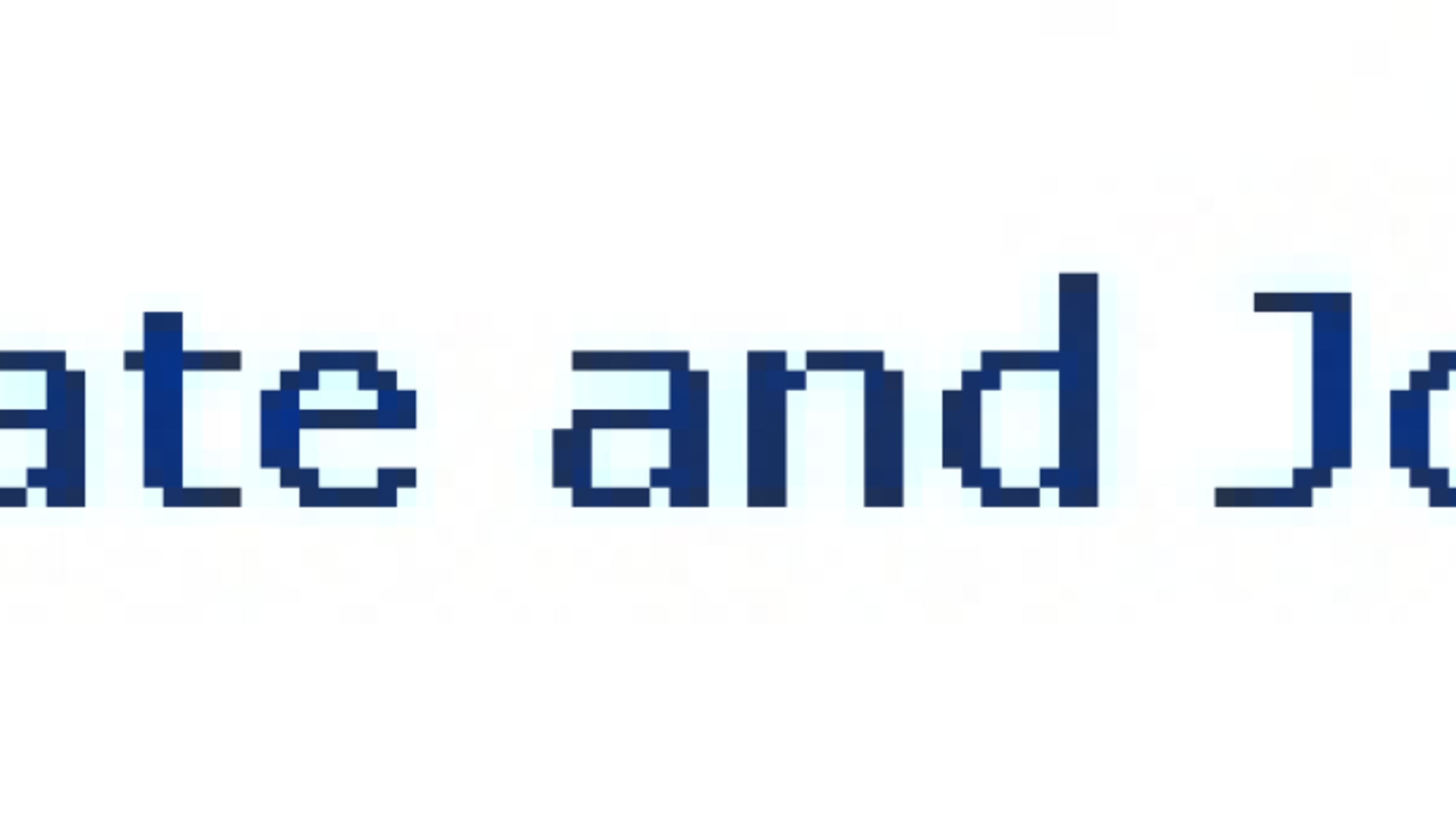Ask everyONE: QC and Other Animals
Q: When I logged on to your system to check the status of my manuscript, the stage was listed as “initial QC started.” What does this mean?
A: When a manuscript is submitted to PLoS ONE, the submission will first be checked by a member of the editorial staff to ensure it is technically sound and that it meets certain of our editorial criteria and ethics requirements (see this blog post for tips to help your paper pass the check more quickly). “QC” stands for “quality control” and the status “initial QC started” appears on submitted manuscripts until the QC check has been completed—if our team need any more information from you before we can proceed, they will contact you via email. You will also receive a confirmation email when your manuscript has passed the QC check and has been moved forward to be assigned to an Academic Editor.
Many other acronyms and initialisms have fallen into common parlance among PLoS staff over the years and while we try to avoid using these abbreviations unless we are sure the person reading will know what we mean, we’ve written a handy guide to some of the other abbreviations you may find on the PLoS sites and in our email correspondence—if you think we’ve missed any, please let us know in the comments.
Within our online submission system:
- JMS – journal management system. This website hosts our online manuscript submission and peer review system.
- CFC – check for completeness. After a paper has been accepted for publication by an Academic Editor, our production team will check it to ensure that all of our format requirements have been met—this is called the check for completeness.
- MS – manuscript.
- RA – research article. PLoS ONE has been designed as a medium for the publication of primary, scientific research and we do not publish secondary literature or front matter pieces (unless invited for a specific purpose by PLoS staff).
- CT – clinical trial. Papers relating to clinical trials reported in all of the PLoS journals are also available via the PLoS Hub for Clinical Trials.
- SI – supporting information. Files submitted as supporting information files (such as large tables and datasets, audio, video and other multimedia files) are published alongside the paper and can be downloaded separately via a link on the online version of the paper.
People:
- AE – Academic Editor. The person responsible for handling a manuscript’s peer review. Academic Editors are selected from our editorial board.
- SE – Section Editor. Section Editors are members of the editorial board who provide oversight for particular subject areas within the scope of PLoS ONE and who assign manuscripts to appropriate AEs.
- PA – Publications Assistant. The PAs are part of PLoS ONE’s in-house editorial team, who, among other things, assist and advise authors, AEs, SEs, reviewers and members of the public. You can contact them at plosone [at] plos.org and read more about the team on the PLoS website.
- PM – Publications Manager. Lindsay King and I are PLoS ONE’s Publications Managers. We have both worked on PLoS ONE since before its launch and help to oversee various elements of the journal.
Publishing/web-related abbreviations:
- ALMs – article-level metrics. Usage data provided on each article published in the PLoS journals, currently including the number of downloads, views, citations, notes and comments, and related blog posts.
- XML – (e)xtensible markup language. As well as an online (HTML) version and a PDF version of each published paper, we also allow readers to download the XML file for each paper, which allows greater interoperability and exchange of data between different systems
- DOI – digital object identifier. To find out more about DOIs and their use, see this PLoS Biology editorial: The What and Whys of DOIs.
- OA – Open Access. PLoS endorses the definition of Open Access publication drafted by the Bethesda Meeting on Open Access Publishing; see the PLoS website for more information.
- CCAL – Creative Commons Attribution License. All works published by PLoS are licensed by the CCAL, under which, authors retain ownership of the copyright for their article, but allow anyone to download, reuse, modify and/or copy articles in PLoS journals, so long as the original authors and source are cited.
- PMC – PubMed Central. A free, online, full-text repository of scientific literature. A copy of each paper published in the PLoS journals is deposited in PMC.
Publication ethics:
- COI – conflict of interest (AKA competing interest). You can read PLoS’s competing interests policy on our website.
- IRB – institutional review board. PLoS ONE’s policy is that, “All research involving human participants must have been approved by the authors’ institutional review board or equivalent committee(s) and that board must be named by the authors in the manuscript.”
- EQUATOR – Enhancing the QUAlity and Transparency Of health Research. The EQUATOR Network is a new initiative that aims to improve the quality of scientific literature. The EQUATOR website provides links to reporting guidelines for many specific study designs, including CONSORT, PRISMA, STROBE and MIAME.
- COPE – the Committee on Publication Ethics. The PLoS journals are members of COPE, which provides a forum for publishers and editors of scientific journals to discuss issues relating to the integrity of the work submitted to or published in their journals.
